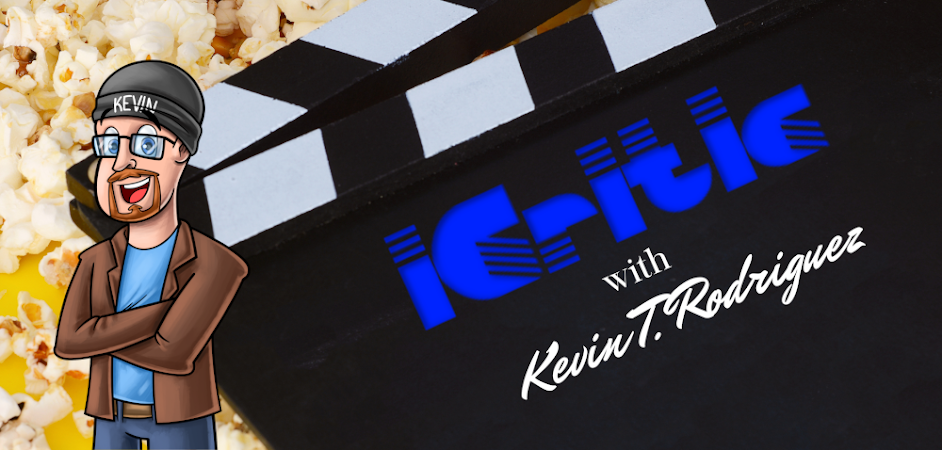Director: Alex Garland Starring: Domhnall Gleeson, Alicia Vikander, Oscar Isaac Studio: A24 Genre(s): Science Fiction Rated: R (For graphic nudity, language, sexual references and some violence) |
Ten years ago Alex Garland released a movie called "Ex Machina," in which a billionaire scientist invites the winner of a contest to come into his home and interact with his newest creation: an artificially intelligent robot named Ava (Alicia Vikander). The striking thing about the robot is that even though its creator has the ability to make her seem as human as possible, Ava is designed for you to see that she is a robot. That she is made of wires, parts, and that those components are there to help her function and move.
When asked why this is, the creator (played memorably by Oscar Isaac) explains that this is The Turing Test in reverse. The Turing Test is a test to see if a computer has the ability to pass as a human being in its responsiveness. In all previous cases, everyone is aware that one side is a computer, but the human determines if said computer can pass as human. In this event, the creator is very much confident that if covered in human skin his creation would pass for human. He is interested in a more complex question: would his A.I. robots be so convincing that the human is the one who responds in a human manner?
Ten years ago this was an abstract thought, and gave viewers a lot to think about. Today we are in the middle of an A.I. arms race, where every company from Google to Meta, to Microsoft to Amazon, is spending billions of dollars to win. What is the prize for winning the race? Heck if anyone really knows (but money is certain to follow). It's funny to watch "Ex Machina" and see a billionaire scientist go out of his way to create the ultimate life form, only to admit he's not entirely sure where his creation will lead except better A.I. going forward.
The consequences of what these creations mean seem lost on the two men, but their desire to push boundaries and be seduced by creations they don't understand seems more relevant today than it did back then. For that matter, we as an audience find ourselves fascinated by Ava, only to be pulled in by her supposed humanity. The ending - while hardly something I would classify as a twist - is one that certainly is haunting and bold for what it does and does not do. I suppose A.I. is never truly going to go away, but the visionaries of today may want to remember that visionaries of the past made movies like "Ex Machina" to ask questions about the very things humans are creating in ways that the creators sometimes miss.






Comments
Post a Comment